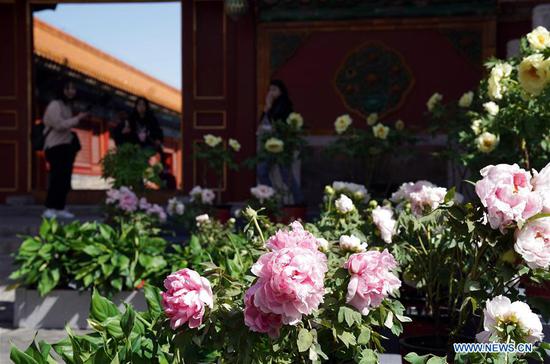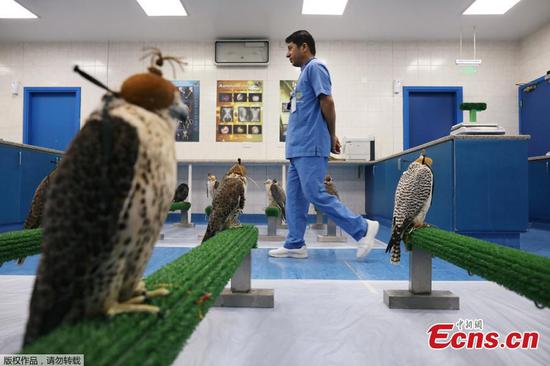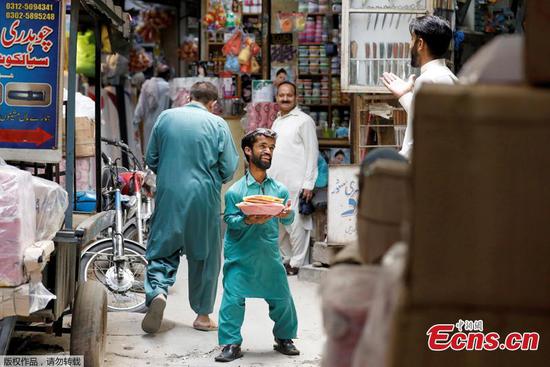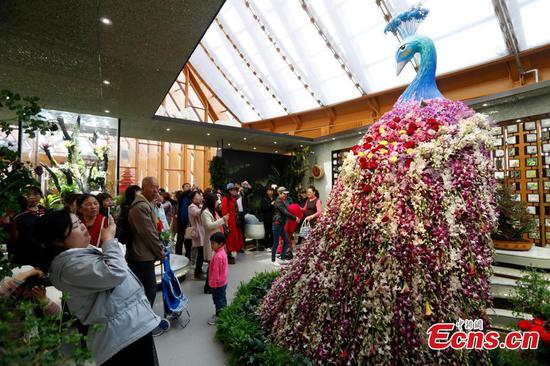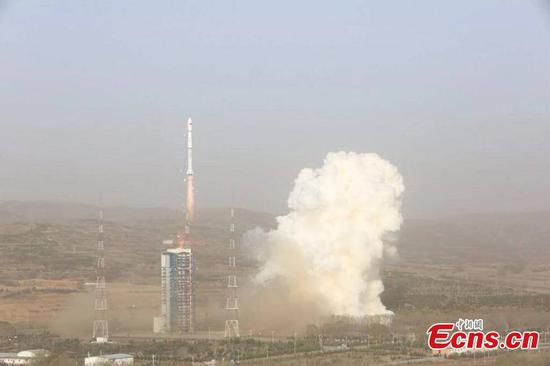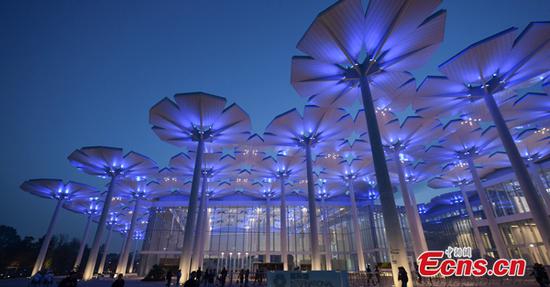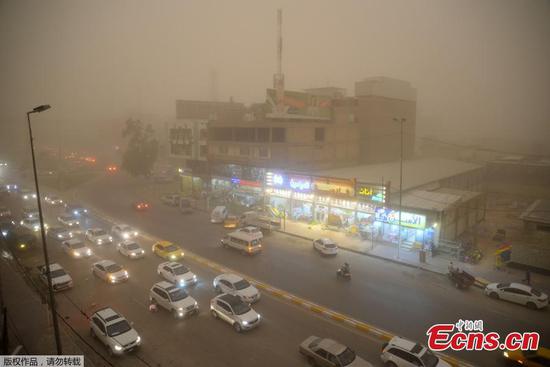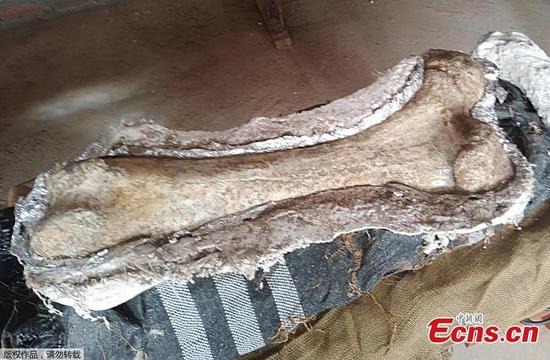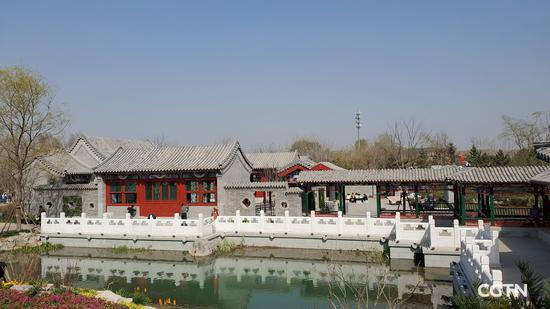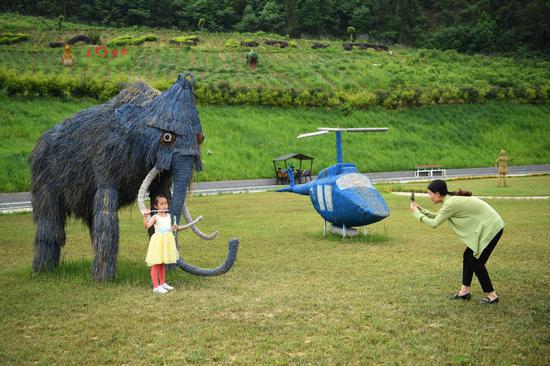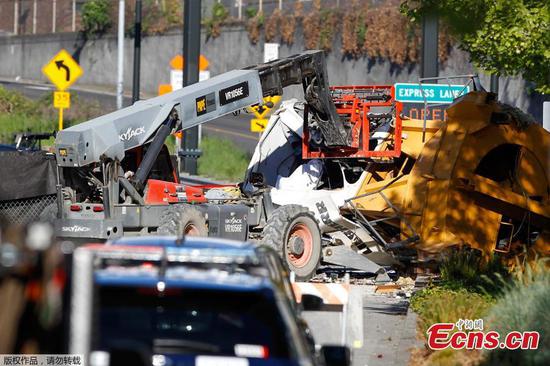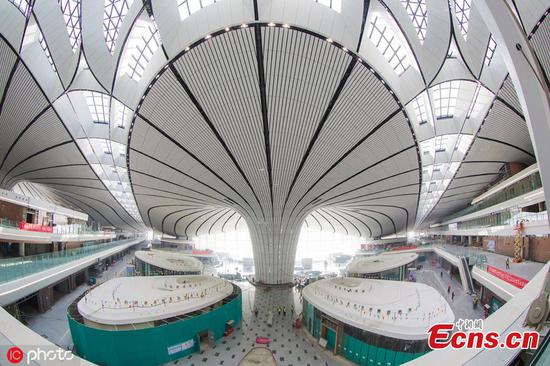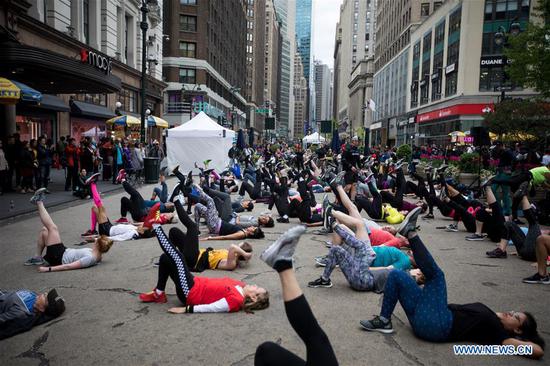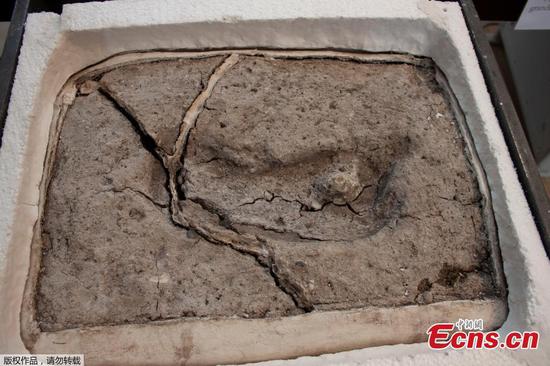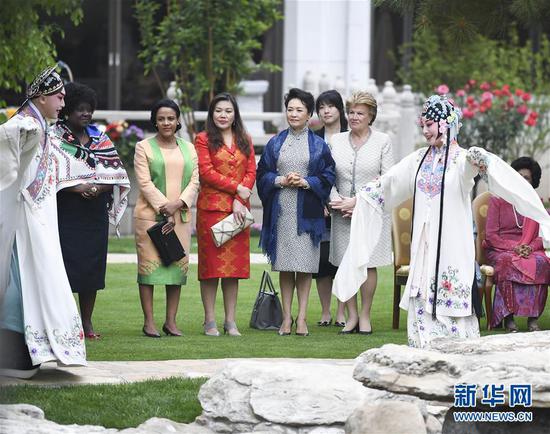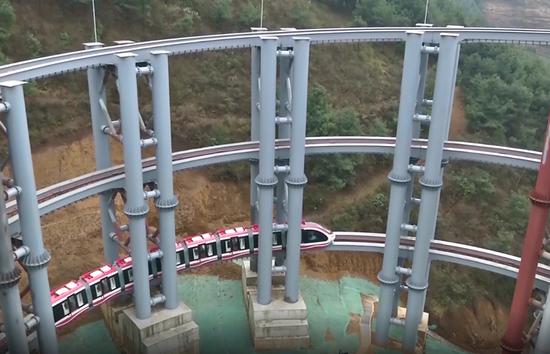
Li Chunling, who works for JD Express, delivers goods to customers in Xi'an, Shaanxi province, in March. (Photo/Xinhua)
According to the Dongguan Human Resources and Social Security Bureau, the employee shortfall already existed in some sectors that require both unskilled and skilled workers, but was particularly apparent among skilled workers as a result of long working hours and poor wages.
The bureau said the rate at which workers returned to the city's factories after Spring Festival was 98.54 percent, but only because companies and factories unveiled policies to lure workers back, such as raising wages and reimbursing their traveling expenses.
Salaries for skilled workers rose by 8 percent to 4,613 yuan ($687) a month following the holiday, according to the bureau.
Zou Feng, general manager at Pingtop Metal Product Co in Dongguan, said the worker shortfall has eased this year for a number of reasons.
"Some factories closed down, freeing up certain laborers, while some workers returned to Dongguan because the salaries offered in their new hometowns failed to live up to their expectations," he said.
Imbalance
Gan Mantang, a professor at the School of Humanities and Social Sciences at Fuzhou University in Fujian province, said workers are moving to the service sector because of the imbalance between long working hours and low salaries, along with the rigid, tiring work schedules in factories.
"Recently, the so-called 996 work schedule (advocated by Alibaba's Jack Ma) has sparked widespread outrage online, as it requires employees to work from 9 am to 9 pm six days a week," he said.
"However, labor exploitation is worse in some private manufacturing workshops or factories, where people work from 8 am to 10 pm, with just two or four days off per month."
He noted that in addition to the longer working hours, the repetitive nature of factory work is another trigger for resignations.
Zhao Li, a 31-year-old deliveryman for Eleme, said he was exhausted by his previous job, where his work revolved around checking machines that bottled water before it was shipped to a warehouse in Changshu, Jiangsu province.
"The whole process of bottled water production is done automatically by machines. All you have to do is to stand there and check whether the machine is working correctly," he said. "It was boring because your working partner was a cold-blooded machine."
About two years ago, Zhao quit his job and became a deliveryman in Beijing: "Actually, I don't just want the money, because my previous job allowed me to have a good life. But I needed to change my working environment to something fun and flexible."









